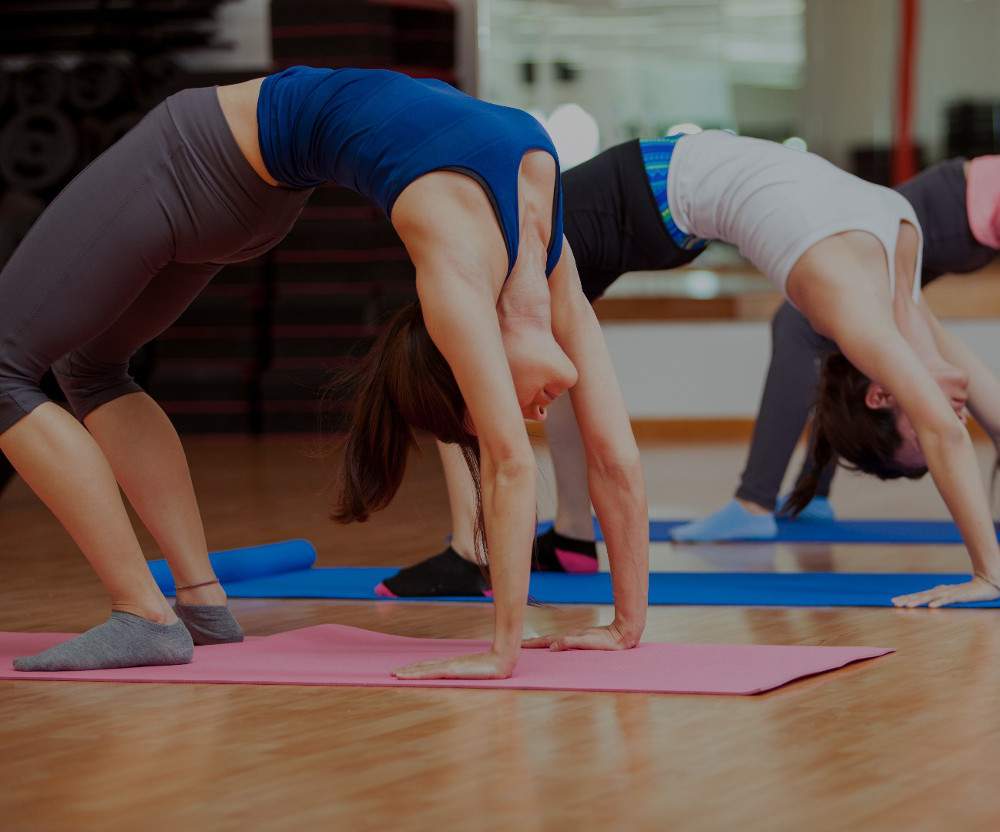Welcome to the world of yoga, a timeless practice that binds the mind, body and spirit. The ancient practice is celebrated globally on World Yoga Day, sharing the profound impact it has on physical and mental well-being. Yoga can be an escape for individuals, fostering harmony and a balanced lifestyle.
International World Yoga Day
International World Yoga Day lies on June 21st and is celebrated annually, recognising the mental, physical and spiritual benefits that it provides. The goal of the day is to spread awareness of the benefits that yoga brings to people's lives, creating communities that can come together and share their love for yoga and the impact it’s had on them.
Celebrating World Yoga Day comes in many different forms across the world, ranging from mass public yoga sessions, workshops, discussions and much more. The day is for everyone to celebrate, sharing their experiences of yoga and the benefits it has on their lives. The practice can promote peace, harmony, mindfulness and a sustainable way of life.
What is yoga?
Yoga is an ancient practice that originated in India over 5000 years ago. It has evolved into a popular form of exercise bonding the mind and body through a mix of physical postures, meditation and controlled breathing. Yoga offers a getaway from the hustle and bustle of everyday life, transporting you to a state of zen.
Yoga offers a multitude of health benefits for both mind and body:
-
Improves circulation - regular yoga can stimulate muscles which can speed up circulation and improve blood pressure.
-
Aids digestion - yoga can help to reduce stress which can influence the digestive function. Particular movements can improve digestion by massaging digestive organs.
-
Increases mobility - yoga involves an array of different movements and motions that enhance joint mobility. These stretches are beneficial for people suffering from stiff joints and muscle pain, releasing muscle tension.
-
Reduces nerves - improved circulation, breathing and reduced muscle tension can all relax the nervous system, helping to reduce anxiety and fatigue.
-
Improves posture - performing these gentle stretches and controlled movements can relieve tension, assisting in improving posture.
-
Aids injury - yoga is a great way to keep the body moving when recovering from injury. The low impact movements allow the muscles to engage gradually, avoiding further damage to your muscles.
-
Improves balance - yogas' gentle movements improve balance, coordination and stability.
-
Improves breathing - yoga breathing techniques help to increase lung capacity which leads to better air circulation. Improved breathing can promote better sleep.
Maintaining yoga practice as you age is very valuable for overall health. It offers an effective approach to age-related issues such as joint stiffness and mobility, balance and flexibility.
The mindfulness and breathing exercises incorporated with yoga are valuable in managing stress and promoting a clear mind which can sometimes be difficult to manage as you age. Consistency will enable your body to evolve and take benefit from yoga, maintaining strong physical health.
Types of Yoga
Yoga can often be misunderstood with people thinking there is only one type of yoga. However, there’s an array of different yoga styles, catering to different needs and goals. Let's explore some of the different styles:
-
Hatha Yoga - this type of yoga focuses on a steady and gentle approach to each pose to enhance posture, balance and flexibility. It usually incorporates a mixture of standing and seated poses, holding each pose for extended periods of time. Hatha yoga also involves breathing exercises to help soothe the mind and body to help alleviate stress. It is the perfect type of yoga for beginners looking to learn the basic poses.
-
Vinyasa Yoga - provides a dynamic workout that synchronises breathing and movement, creating a dance-like sequence of movements. This type of yoga is popular among people looking for a dynamic and invigorating workout. Vinyasa is designed for people who are just starting out in yoga and for individuals who are experienced and are seeking a new challenge. Vinyasa yoga will help you improve flexibility, core strength and tone your upper body.
-
Ashtanga Yoga - this type of yoga is tailored for those looking for a new fitness challenge. Ashtanga can push your physical boundaries, making you sweat and increase your heart rate. This type of yoga is great stress release, but also improves flexibility and can contribute to weight loss. Ashtanga is more advanced than other types of yoga, making it more appealing to people of greater fitness levels and experience.
Celebrate World Yoga Day with Village Gym
Let Village Gym be your yoga haven, with state-of-the-art facilities, cutting-edge equipment and plenty of fitness classes that will elevate your fitness journey. If you are travelling across the nation, we have gyms in several locations so you don’t have to miss a session.
Explore our wellness facilities for some relaxation after your fitness session, including our refreshing pool, steam room and sauna. Find zen with our yoga classes, building a healthier and balanced you.
FAQS about World Yoga Day
What’s the importance of World Yoga Day?
It recognises and celebrates the impact yoga has on health and well-being. It encourages individuals to explore yoga to help reduce stress and improve overall health.
Can anyone do yoga?
Absolutely! Yoga is very adaptable allowing individuals to modify poses to suit their needs. It is an inclusive form of exercise, enabling people of any age, experience and fitness levels to take part in yoga.
Which is the most challenging type of yoga?
Ashtanga yoga is considered to be one of the more challenging types of yoga, being more physically demanding of the full body. However, difficulty can depend on personal preference, as some people may find slower paced yoga more challenging due to the longer hold of the poses, deepening the stretch.


